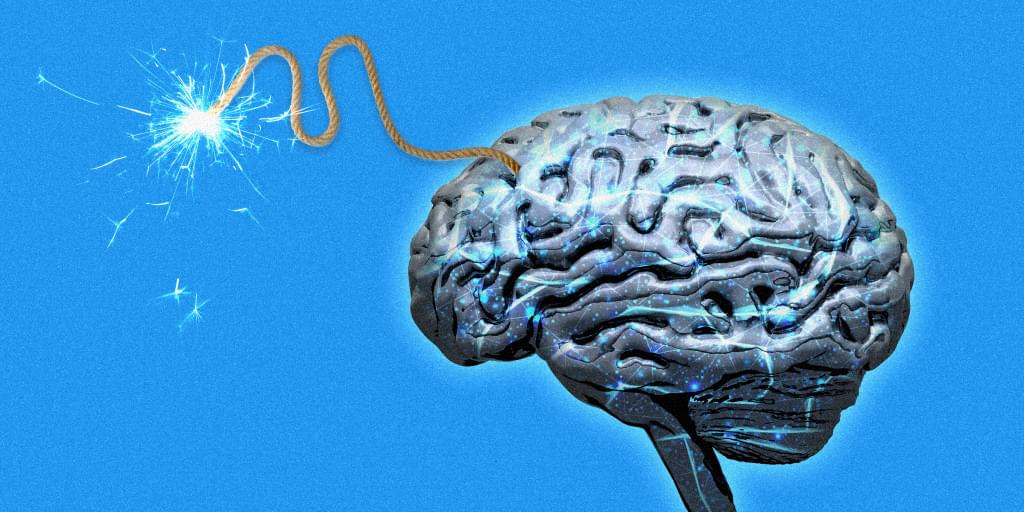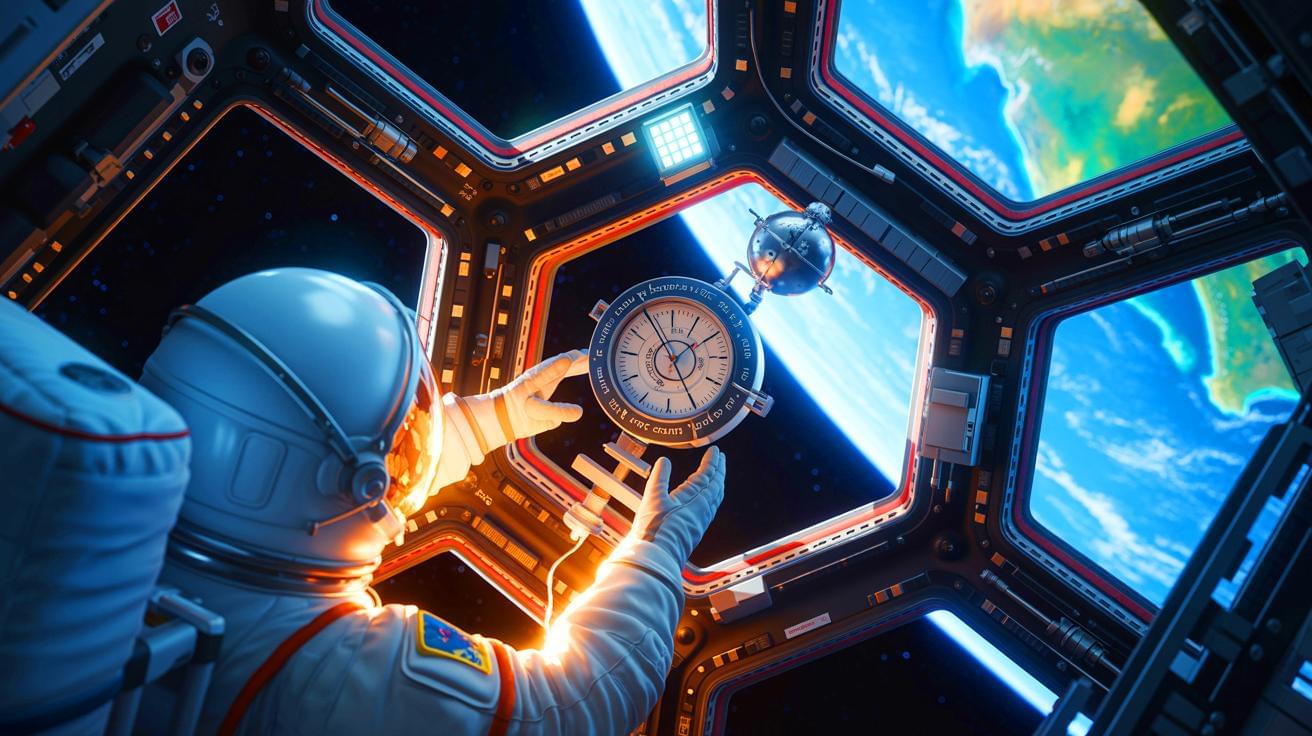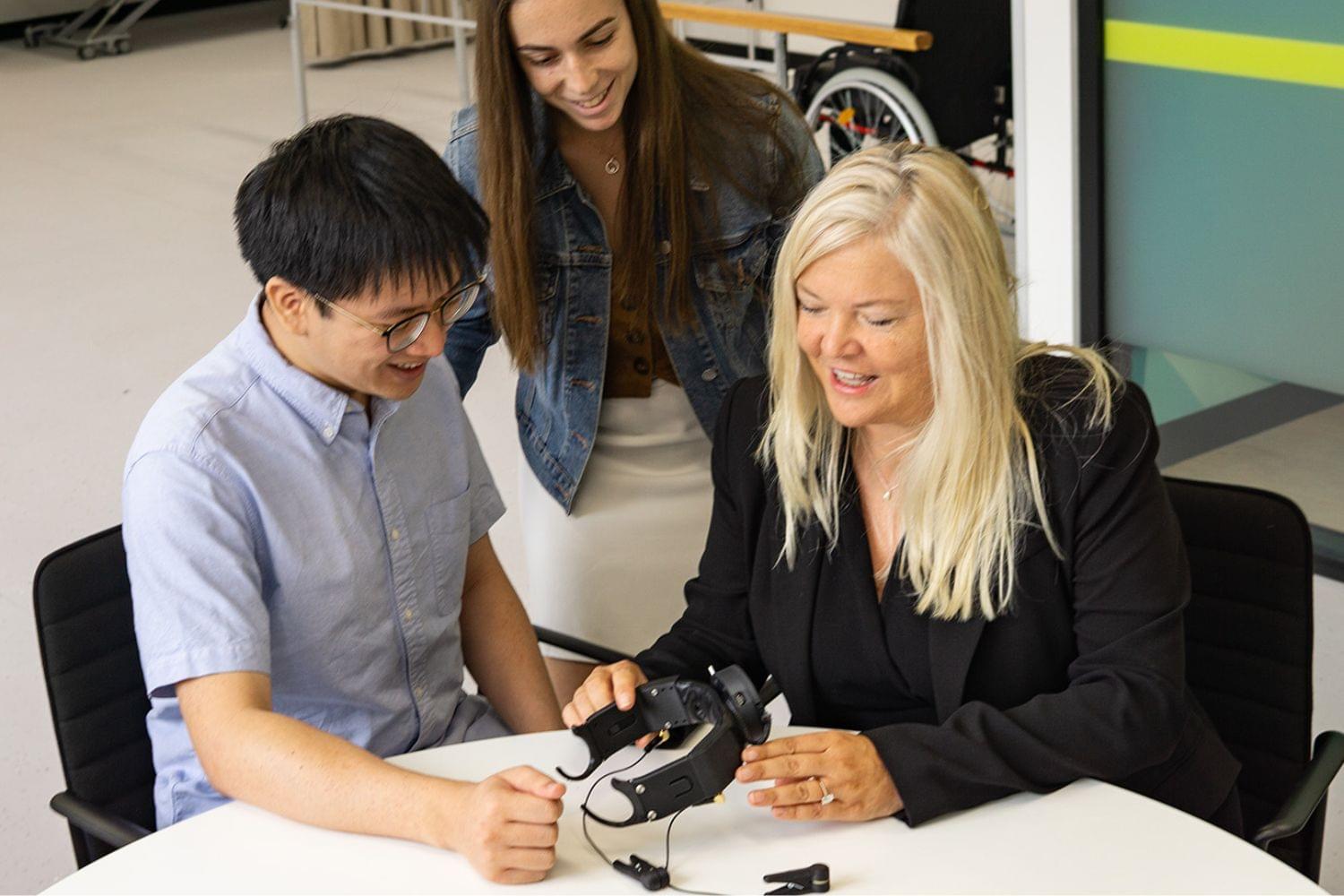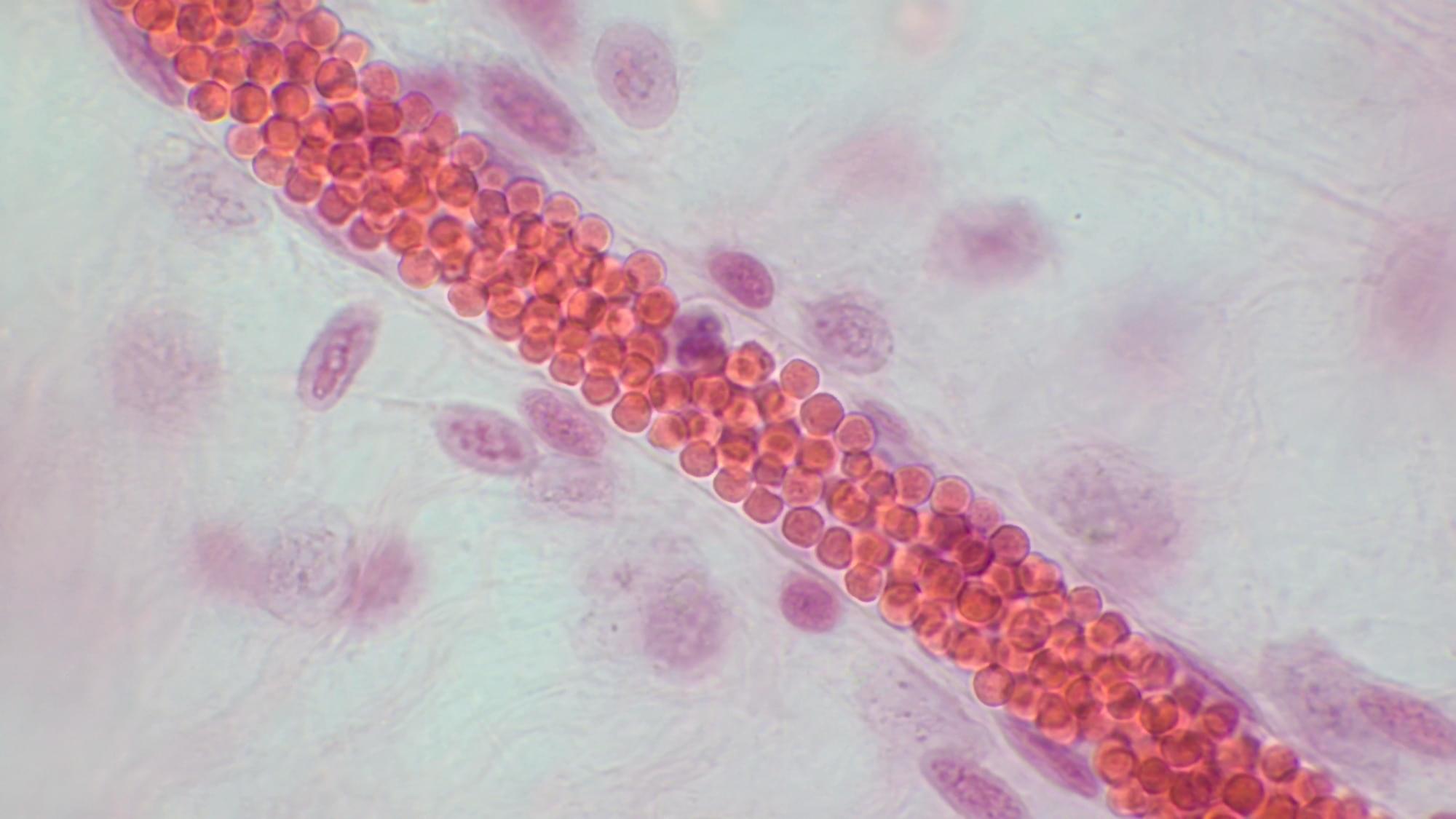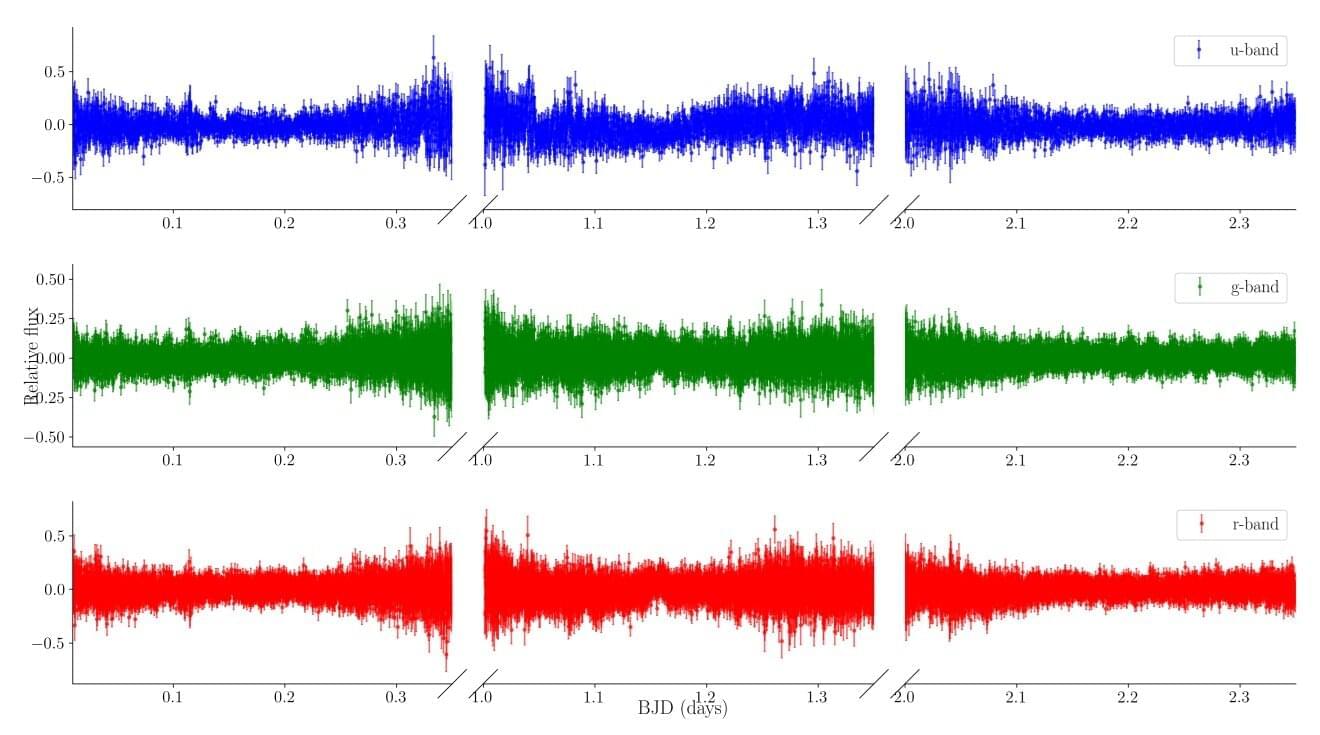Many different cancer treatments work to directly target the tumor or the cells around it. The immediate goal is to mitigate growth and progression, with the hope of complete eradication and long-term durable immunity. However, many barriers prevent complete treatment efficacy. Different proteins and molecules secreted by the tumor polarize the environment around it to allow tumor progression. Unfortunately, the tumor generates an advantageous environment that not only suppresses the immune system, but also dysregulates immune cells to promote the spread of cancer.
Different immune cells around the tumor, such as neutrophils, macrophages, T cells, dendritic cells, and others normally work together to elicit a robust immune response. In the context of cancer, these cells take on a pro-tumor function or are prevented from executing their function. In response, many immunotherapies work to re-activate T cells, which are responsible for eliminating infected cells. Other cancer treatments, such as chemotherapy, works to directly kill the tumor.
While various therapies work through different biological mechanisms, it is still unclear how the tumor uses nutrients to fuel its progression and block immune cell response. Metabolism is the action of a cell that builds and breaks down molecules to provide energy. In general, it has been widely accepted that tumors rely on a metabolic process known as glycolysis to fuel its mass proliferation of cells. Specifically, cells breakdown glucose for energy. Although cancer cells gain energy through glycolysis, there is still a lot that is unclear about cellular metabolism and the influence it has on the environment around the tumor.

